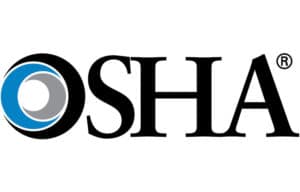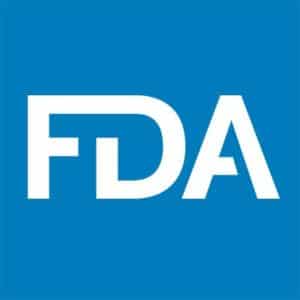GreenServ Blog
FAQs about Medical Waste Disposal

1. What is considered medical waste?
The Mississippi Department of Environmental Quality (MDEQ) defines medical waste as “all waste generated in direct patient care or in diagnostic or research areas that is non-infectious but aesthetically repugnant if found in the environment.” The World Health Organization identifies eight subcategories of healthcare wasts.
- Infectious Waste includes cultures, stocks, infectious agents, blood-contaminated objects, etc.
- Pathological Waste consists of human tissues, fluids, organs, animal carcasses, etc.
- Sharps Waste is IV tubing, broken glass, scalpels, syringes, blades, needles, etc.
- Chemical Waste is preparation solvents and fluids, disinfectants, sterilant, mercury, batteries, etc.
- Pharmaceutical Waste is expired, unused, and contaminated drugs and vaccines.
- Cytotoxic Waste includes toxic substances containing mutagenic, teratogenic, and carcinogenic qualities as well as vomit bags, laboratory research waste, chemotherapy waste, etc.
- Radioactive Waste has radioactive contaminants, such as hospital materials that were exposed to radiotherapy.
- General Waste is non-hazardous healthcare waste.
2. What medical waste regulations are in place to protect us from medical waste?
The Occupational Safety and Health Administration (OSHA) implemented federal standards that cover how medical waste must be handled, transported, and disposed of.
Medical waste storage requires proper color-coding of waste bags and stipulates how sharps are stored in disposal containers. Storage rooms must be locked and away from the public
Transportation healthcare workers must be OSHA-trained. The Department of Transportation (DOT) has oversight over the safe transportation of infectious substances with additional expert insight provided by the Centers for Disease Control and Prevention (CDC), OSHA, the US Department of Agriculture (USDA), and the Federal Emergency Management Agency (FEMA).
Medical Waste Disposal must be treated by one of the following methods:
- Incineration in an approved incinerator.
- Sterilization by heating.
- Internment or Incineration of recognizable human remains.
- Chemical sterilization by approved chemical sterilants.
3. What do I do with sharps waste?
Healthcare and research facilities and nursing homes are top generators of sharps, but households and small or independent health care providers also use sharps like needles or lancets for medical injections. It is vital to follow these guidelines for the safety of your household, the public and environment.
Sharps must be stored in sanctioned, sealed sharps containers or heavy-duty plastic containers.
Disposal can be safely done through a supervised collection site, household hazardous waste collection sites, mail-back medical waste programs, or residential waste pickup programs.
Medical waste disposal can be expensive and complicated, so GreenServ’s founders saw a need to provide an alternative medical waste option with superior customer service. As an MDEQ partner and compliant medical waste and sharps disposal management company, we’re here to provide clients in Mississippi, Louisiana, Tennessee, and Arkansas with the best service available. For help with your medical waste, give us a call at 662-533-0940 or complete the form on this page.
Request A Quote






Need shredding? GreenServ also provides shredding services throughout Mississippi, Louisiana, Tennessee and Arkansas.
If you’re interested, give us a call at (662) 533-0940 or complete the form on the contact page.
